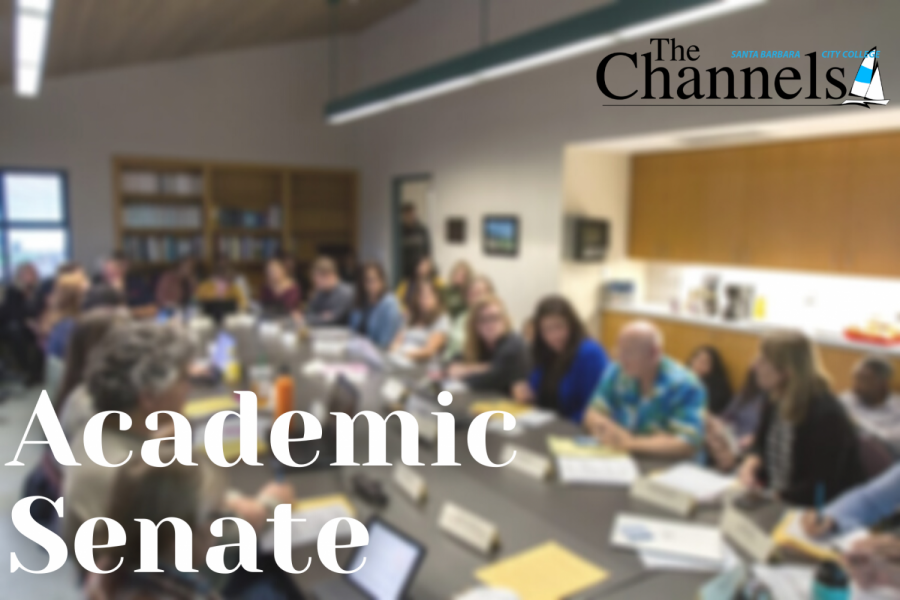Information on the special election for a new Academic Senate president and a presentation by a representative from the Academic Senate for California Community Colleges highlighted the Academic Senate meeting on Wednesday, March 9.
According to an email sent by the senate’s Election Coordinator Ruth Morales on Feb. 28, a special election is being held for a new Academic Senate president. Current President Raeanne Napoleon has “chosen not to complete a second term.”
The nomination deadline for candidates has been extended to Friday, March 18 at 4 p.m. because no names were submitted by the initial deadline of March 9.
“Senate steering is going to come together and have a conversation about a way forward, and a discussion perhaps may come to all faculty around this particular item,” Napoleon said.
According to the Academic Senate constitution, candidates must be tenured faculty members. Prior experience as a senator is not required and faculty members can nominate either a colleague or themselves for the position. However, they must confirm that they will serve if elected.
Due to the circumstances of the special election, the new president will immediately begin serving a two-year term for the 2022-23 and 2023-24 academic years.
During regular elections, the president first serves as the president-elect for an academic year. Academic Senate Presidents serve as the elected leader of the faculty at City College on academic and professional matters such as representing the faculty in collegial and participatory governance.
Collegial governance and discussions on senate committee structure were major discussion points during the presentation by Geoffrey Dyer, a past Academic Senate for California Community Colleges standards and practices chair.
Dyer, who is also an English professor and former Academic Senate president at Taft College, worked with Napoleon over the past months as part of the ASCCC Collegiality in Action program.
Science Senator Robbie Fischer voiced concerns about how City College is “really resistant to change” due to a belief “we are special among community colleges, and so we have to do things the way we do them and don’t disturb that.”
One specific area where the senate has run into issues was shared by Vice President Ana Garcia, who highlighted structural difficulties that have prevented editing of the senate constitution to replace typos.
The president also acknowledged how the Academic Senate has, up until recently, not discussed or addressed certain items that have been presented at the ASCCC state-level meetings.
“Seeing how the state talks about anti-racism and equity, or even zero-cost textbook initiatives, a lot of those would be very radical for this campus and very controversial,” Napoleon said. “While things are happening at the state level and we have that to rely upon and point to. . . it hasn’t been until the last two years where that has overtly been brought back to the Senate for discussion.”
The Academic Senate will reconvene on Wednesday, March 16 at 3 p.m.








